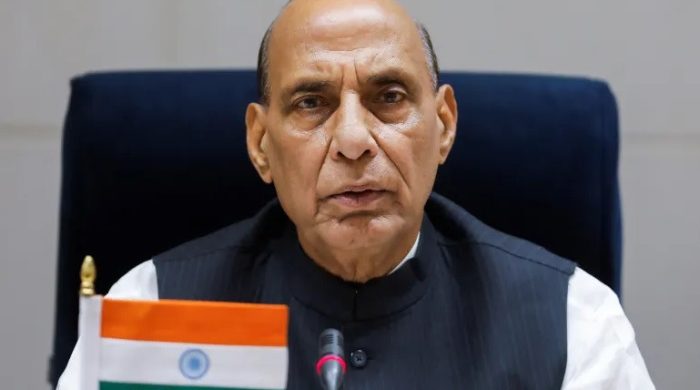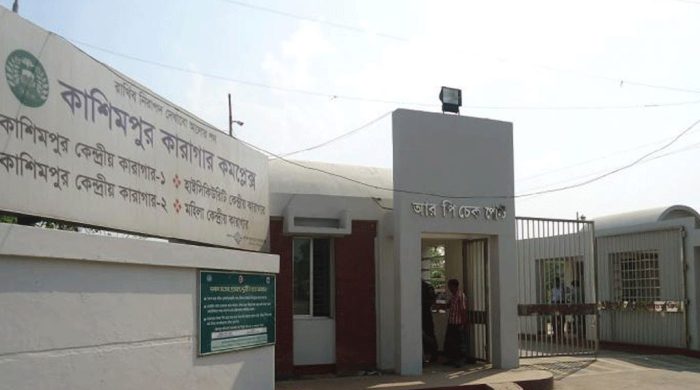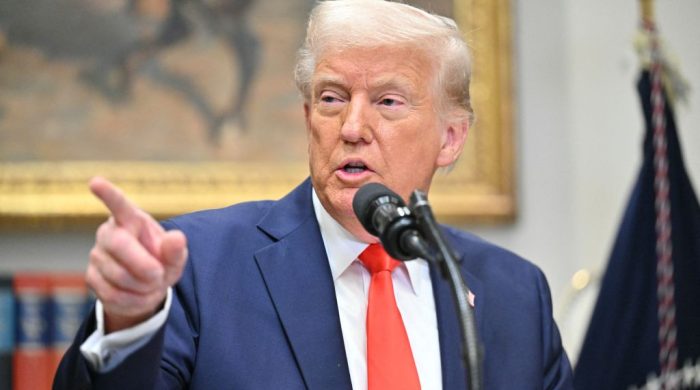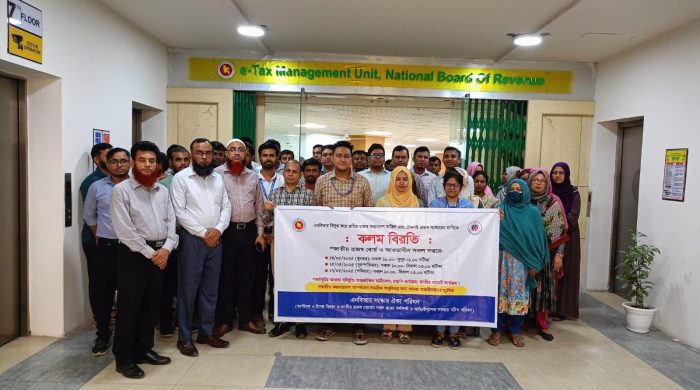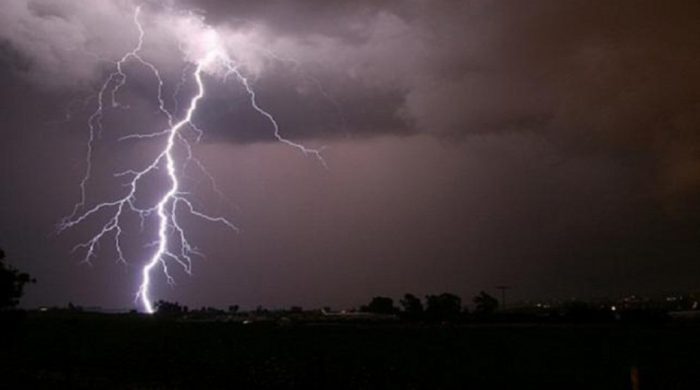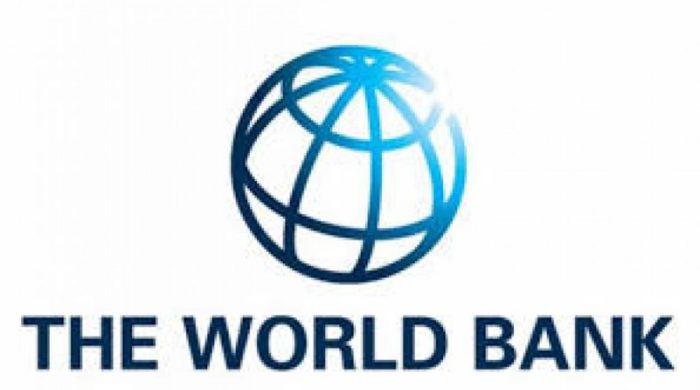Monkeypox: 80 cases confirmed in 12 countries

- Update Time : Sunday, May 22, 2022
- 145 Time View
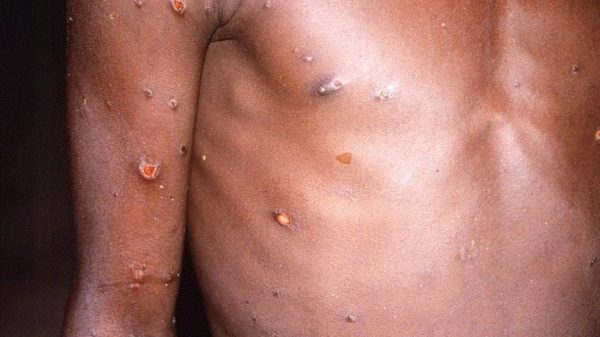
More than 80 cases of monkeypox have been confirmed in at least 12 countries.
The World Health Organization has said another 50 suspected cases are being investigated – without naming any countries – and warned that more cases are likely to be reported.
Infections have been confirmed in nine European countries, as well as the US, Canada and Australia.
Monkeypox is most common in remote parts of Central and West Africa.
It is a rare viral infection which is usually mild and from which most people recover in a few weeks, according to the UK’s National Health Service.
The virus does not spread easily between people and the risk to the wider public is said to be very low.
There is no specific vaccine for monkeypox, but a smallpox jab offers 85% protection since the two viruses are quite similar.
Monkeypox may also spread more easily than it did in the past, when the smallpox vaccine was widely used.
WHO’s Europe regional director Hans Kluge warned that “as we enter the summer season… with mass gatherings, festivals and parties, I am concerned that transmission could accelerate”.
He added that all but one of the recent cases had no relevant travel history to areas where monkeypox was endemic.
The first case of the disease in the UK was reported on 7 May. The patient had recently travelled to Nigeria, where they are believed to have caught the virus before travelling to England, the UK Health Security Agency said.
There are now 20 confirmed cases in the UK, Health Secretary Sajid Javid said on Friday.






